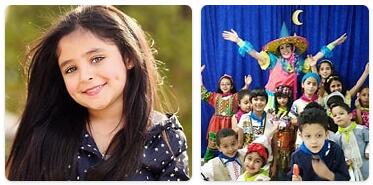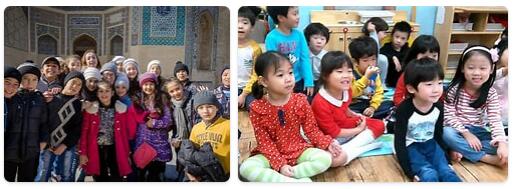Bahamas Economy and Culture
Economy
Bahamas is a stable developing country. Tourism is the main source of wealth, however under new economic policy guidelines they have obtained good results in the industrial field and banking activities.
Tourism alone accounts for more than 60% of GDP and employs directly or indirectly half of the archipelago’s labor force. Steady growth in tourism and a boom in the construction of hotels, resorts and new residences had led to strong GDP growth in recent years, but the slowdown in the United States economy and the attacks of September 11, 2001 also caused a setback in the local economy between 2001 and 2003.
Financial Services is the second largest sector of the Bahamian economy, about 15% of GDP. However, since December 2000, when the government enacted new regulations on the financial sector, many international businesses have left the Bahamas. Industry and agriculture contribute approximately one tenth of GDP and show little growth, despite the incentives that the government allocated to these sectors. In sum, growth depends on the performance of the tourism sector, which depends on growth in the US, the source of more than 80% of visitors. In addition to tourism and banking, the government supports the development of a “third pillar”, trade.
Demography
According to andyeducation, the population of the Bahamas is mainly concentrated on the island of New Providence, where the capital, Nassau, is located, the only city in the Bahamas with an important aerial stopover on the Atlantic routes, due to the development of tourism with the largest American and Canadian cities. Founded in 1729 on an old English pirate town, it has an excellent port in a wonderful bay with clean waters, in this city you can take sea baths throughout the year.
The majority of Bahamians are black (82%), with whites being the main minority (15%). The official language is English, spoken by almost the entire population, although Patois is popularly spoken. A small number of Haitian immigrants speak Criollo (Creole). The Spanish is spoken by Cuban Americans and Hispanic immigrants.
Bahamas is a very religious country and in it you can find some churches of historical value. The Christianity is the main religion, predominantly Protestant denominations, such as Baptists, followed by the Anglicans. Catholics are 19% of the population. Some people practice syncretic cults like Obeah, similar to Voodoo.
Culture
On the less developed outlying islands, crafts include basket weaving made from palm leaves. This material, commonly called “straw”, is folded into hats and bags that are the most popular tourist items. Another use is for so-called “voodoo dolls”, even though the dolls are the result of the American imagination and are not based on historical facts.
Although not practiced by native Bahamians, a form of folk Obeah magic derived from West African origin, is practiced on some Family Islands (outside the islands) of the Bahamas due to Haitian migration. The practice of obeah however is illegal in the Bahamas and punishable by law.
Junkanoo is a traditional, African street parade of music, dance and art, held in Nassau (and some other settlements) every Christmas and New Years Day. Junkanoo is also used to celebrate other holidays and events such as Emancipation Day.
Regattas are important social events in many family settlements, typically featuring one or more days of old-fashioned workboat sailing, as well as a shore festival.
Some settlements have festivals related to traditional cultivation or food from that area, such as the “Pineapple” Festival in Gregory Town, Eleuthera, or the “Crab Festival” in Andros.



